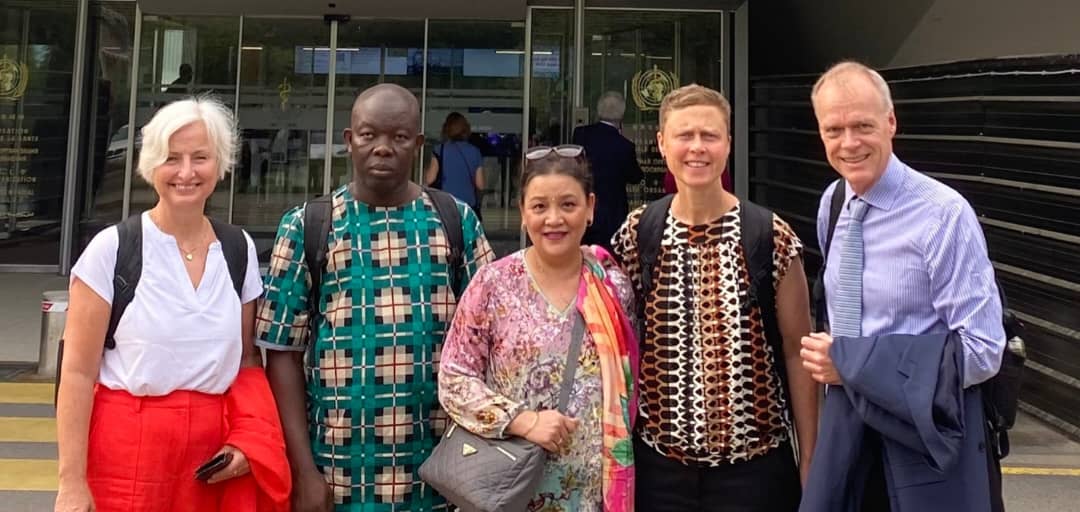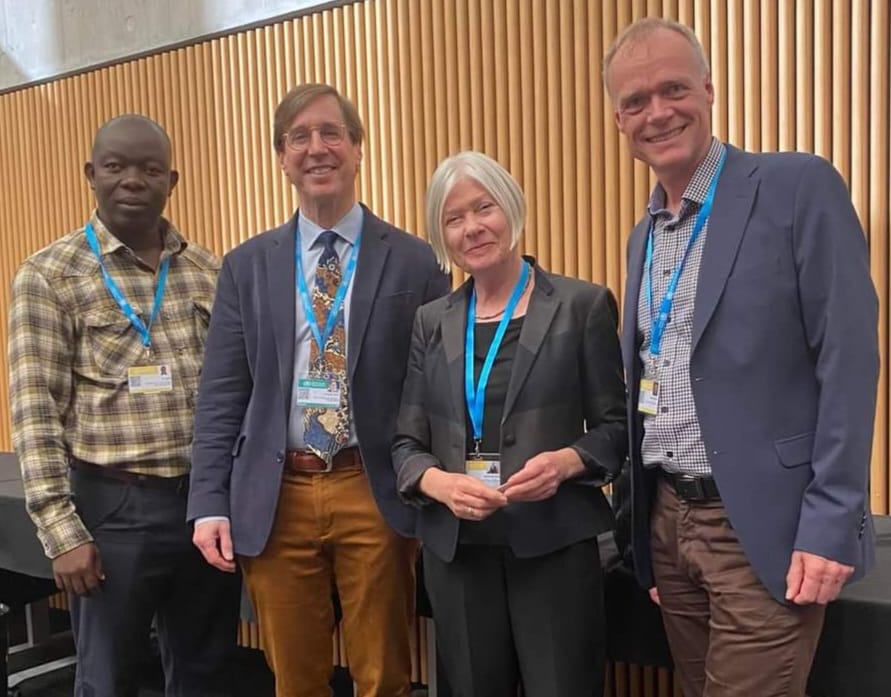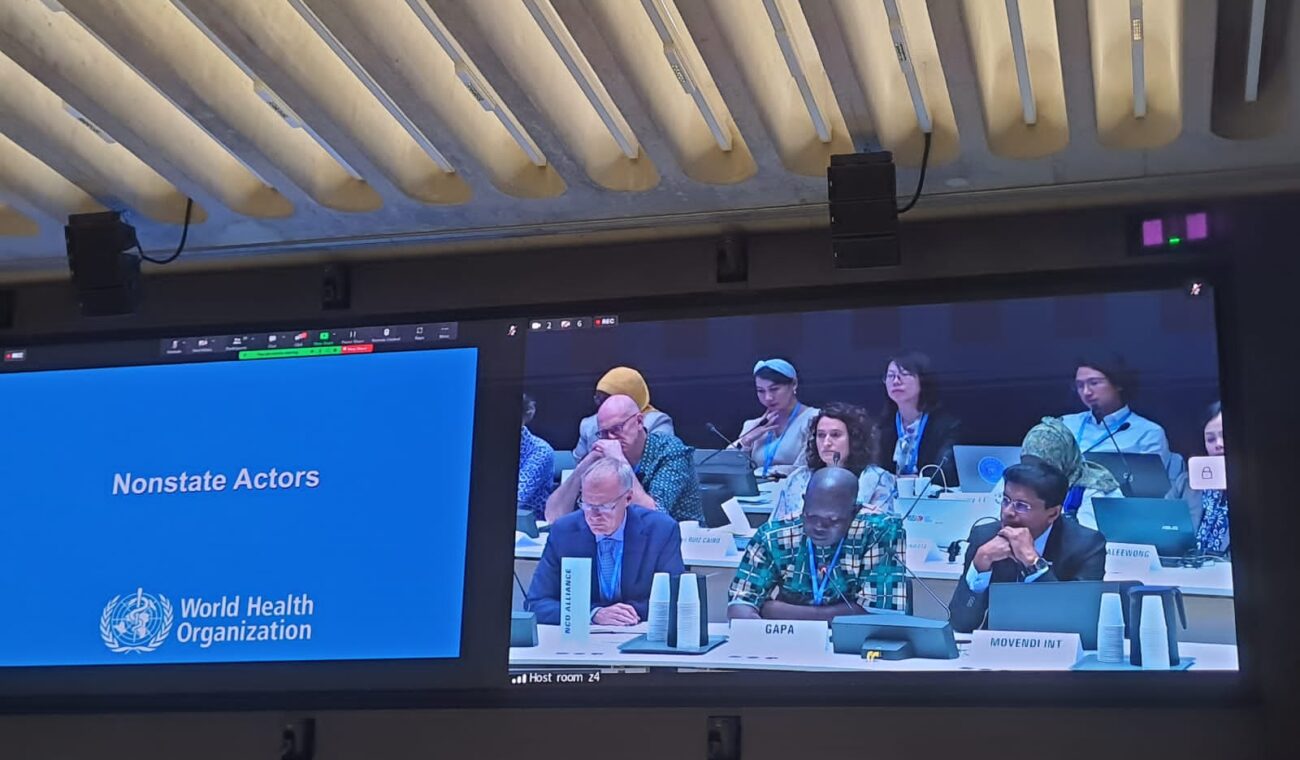WAAPA and GAPA called on WHO to minimise and stop the dialogue with the alcohol industry

Board Member of the Global Alcohol Policy Alliance (GAPA) and the Head of Secretariat of West African Alcohol Policy Alliance (WAAPA), Mr Issah Ali attended the fourth edition of the World Health Organization (WHO) Global Forum on Alcohol, Drugs and Addictive Behaviours (FADAB) which was held from 27th – 30th June 2023, the forum was organized by the Alcohol, Drugs and Addictive Behaviours (ADA) Unit of the Department of Mental Health and Substance Use at WHO Headquarters in Geneva, Switzerland.
In his statement, GAPA and WAAPA called on the World Health Organization (WHO) to support Member States to comprehensively implement the Global Alcohol Action Plan (GAAP). He added that there is the need for words to be translated into action in the countries and around the world.
He added that going forward alcohol policy agenda needs to be picked up widely, and that it is important that progress on country level is monitored to be informed on the happenings, since stakeholders are aware of the many health effects and the magnitude of problems related to alcohol.
Mr Ali asserted that research also demonstrates the role alcohol harm plays in health inequalities with marginal and disadvantaged people suffering more harm per litre of alcohol than better off (well to do) consumers, since there is a substantial burden on the health system from alcohol related harm. The research also demonstrates the extent to which the transnational alcohol producers rely for sales and profits on alcohol consumed in very heavy drinking occasions, which underpins their conflict of interest.
Mr Ali emphasized that GAPA and WAAPA expresses concerns about the WHO interactions with the alcohol industry, and to also read with great interest Dr. Tedros’ comment in the Lancet series on Commercial Determinants of Health.
 GAPA and WAAPA also expressed concern over the activities of the alcohol industry, among others, aiming to prevent the uptake of effective policies and also believe that a failure to deal with alcohol industry interference will contribute to continuing inequity as Low-and middle Income Countries (LMICs) and more disadvantaged people experience more harm from alcohol products. Such inequities will prevent the vision and achievement of a world in which everyone can live healthy, productive lives, regardless of who they are or where they live.
GAPA and WAAPA also expressed concern over the activities of the alcohol industry, among others, aiming to prevent the uptake of effective policies and also believe that a failure to deal with alcohol industry interference will contribute to continuing inequity as Low-and middle Income Countries (LMICs) and more disadvantaged people experience more harm from alcohol products. Such inequities will prevent the vision and achievement of a world in which everyone can live healthy, productive lives, regardless of who they are or where they live.

He concluded by emphasising that GAPA and WAAPA are committed to continuously advocate with Member States to rescind the recommendation in the Global Alcohol Action Plan (GAAP) to have a dialogue with the alcohol industry.
However, GAPA and WAAPA request the WHO Secretariat to limit its interaction with the alcohol industry and increase the transparency on those interactions, and applauds the information published on the WHO website from the latest meeting with the industry as a step in the right direction, and looks forward to continually working with WHO to promote the evidence based alcohol policies.




